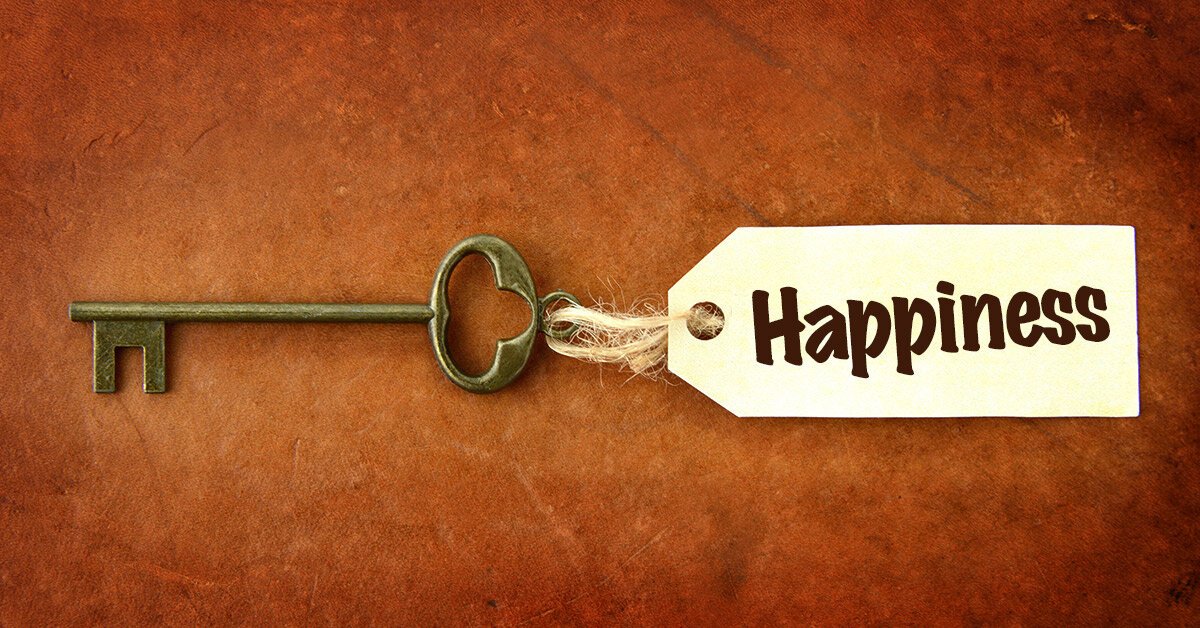The Path to Happiness
Written By: Arman Momeni
“Happiness depends on ourselves.”
Background
Aristotle revolutionized the path to happiness, devoting more effort and power to the topic than any prior thinker. He placed happiness above all other morals and values, quoting that it was the central, predominant purpose of man; one’s ultimate goal should be to find and sustain happiness.
Aristotle (384 BC – 322 BC) lived in the same era as Mencius (372 BC – 289 BC), but they habituated different parts of the globe; Aristotle spent most of his time in Athens, whereas Mencius lived in the state of Zou, a minor state, which is now the Shandong province in China.
As an early Chinese philosopher, Mencius spent much time travelling and offering his advice and counselling to various governments. However, his ultimate quest lied in self exploration, analyzing what truly comprised the feeling of happiness. Aristotle and Mencius drew similar conclusions in their study of happiness. Mencius proposed the simple judgement that happiness is dependent on virtue. This was a concept that stemmed from the social principles of Confucian philosophy.
Mencius
What does it mean to be happy?
On the surface, happiness is a psychological state of emotional well-being that a person experiences. It can be short-lived, the result of an action at a specific moment, or it can be the result of a broader evaluation of one’s life, a prolonged positive state. Both short-term and long-term happiness should be strived upon, as they are far better than sadness, fear, or anger. However, it is objectively harder to achieve a long-term state of well-being; a state where one’s life, contributions, and accomplishments symbiotically fuse to build a consistent, joyous state.
But, how can we achieve this prolonged state of happiness? Well – we’ll get to that.
Happiness is far more complicated than its definition, holding a lot of ambiguity in its meaning. What does it truly mean to be happy? How can I tell if I’m happy? How can I live a good life? These are all questions that have conflicted philosophers since the dawn of time, as they have asked questions and derived the nature of human thought throughout the universe. Philosophy doesn’t provide strict answers, but in a time where one may question their mental state, it can often be helpful to turn to great minds to analyze why we feel the way we do, and more importantly, how we can fix it.
Aristotle fought hard to understand man’s purpose, and he ultimately alluded that the purpose of man was to be happy. Aristotle believed that happiness should be placed as an utmost priority, and all of one’s pursuits should, in some shape or form, relate back to contentment.
Aristotle
How to work towards happiness
According to Confucius and Mencius, happiness does not consist of just pleasure, but instead, ethical pleasure. Living the good life does not comprise a life where everything one wants is fulfilled, but a life that is, in the fullness of time, filed with satisfaction. Happiness does not lie in attaining power, either social or political, but instead in a strong moral innocence. Confucius believed that we have the power to transform ourselves, and become who we want to be, at least in terms of our morality.
In today’s society, however, we are far more educated on topics surrounding mental health and wellness; we understand that issues, such as depression may not have a root cause and stem from unpredictable and unprecedented sources. On the surface, it’s easy to say: “take control of your emotions, just be happy.” However, as someone who has experienced these issues myself, I can say from a first-hand perspective that it is not as simple as letting go and moving on. It is important to not remain dormant and let these feelings perpetuate. Seek help when fighting against mental health, because it is often not a battle that can be won alone. Whether it’s reaching out to a friend, a parent, a trusted teacher/adult, or an online hotline, make sure that you do not confront this rampant beast alone.
Services for Help
Talk to Samaritans: Emotional Support 24/7 – Call 116 123 (It’s free)
CALM Helpline and Webchat 5pm – 12am (365 days a year) – Call 0800 58 58 58 or click here
Suicide Canada – Call 1-833-456-4566
U.S. Suicide & Crisis Lifeline – Call 988
Spectra Helpline – Call 416-920-0497
Kids Help Phone – Call 1-800-668-6868
Gerstein Centre – 416-929-5200
What you can do yourself
While quite old and slightly imperfect, one can learn a lot from the teachings of philosophers. Happiness lies deeper than the way we act. We can certainly influence our mood through our actions and behaviours. By setting ourselves on a path of virtue, we can ultimately impact our own mental state; the good you give will be reciprocated back to you. Below is a shortlist of some actions and habits to consider implementing in your day-to-day life:
1. Always be considerate of others
2. Keep in touch with nature (go outside often)
3. Prioritize family and friends
4. Avoid arrogance, show humility
5. Respect other’s opinions
6. Maintain a sense of ritual
7. Seek understanding where you feel lost
8. Reflect upon your actions (keep a journal)
9. Practice gratitude and appreciation
10. Give others a compliment
11. Thank others when they have done something for you
12. Don’t place a large weight on your mistakes; take the time to learn and evolve
13. Encourage balance – be productive, but take time for yourself
14. Understand others’ opinions, but don’t let it control you
15. Advocate for a life of purpose
16. Take on new hobbies
17. Make time for activities whose sole purpose is for leisure
18. Make time for activities that are focused on the betterment of your community
19. Embrace your feelings and know that you are not alone
Thank you for taking the time to read this article. I hope that the information and knowledge, both past and present, have contributed to your understanding of mental health issues and the concept of happiness. Remember that facing issues regarding mental health does not make you an outsider; you are never alone. And, your feelings, whatever they are, are entirely valid. Take time to yourself. Make time for others. And do not be afraid to seek help when you need it.
Works Cited
Luo, S. Happiness and the Good Life: A Classical Confucian Perspective. Dao 18, 41–58 (2019). https://doi.org/10.1007/s11712-018-9640-8
Mei, Y. Pao , Ames, . Roger T. and Stefon, . Matt (2021, February 5). Mencius. Encyclopedia Britannica. https://www.britannica.com/biography/Mencius-Chinese-philosopher
Britannica, T. Editors of Encyclopaedia (2023, September 17). happiness. Encyclopedia Britannica. https://www.britannica.com/topic/happiness
Aristotle: Pioneer of Happiness. Pursuit of Happiness. (n.d.). https://www.pursuit-of-happiness.org/history-of-happiness/aristotle/


